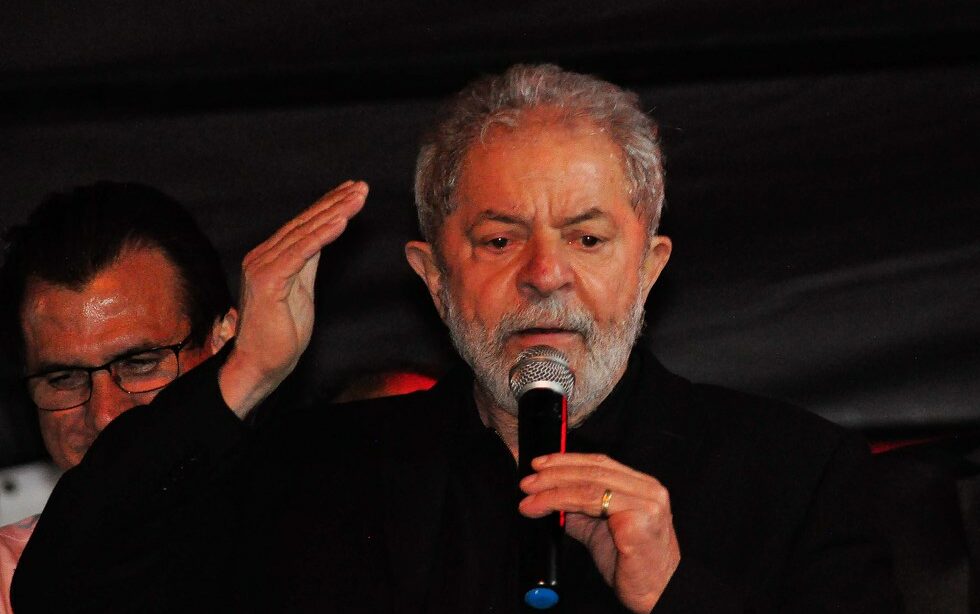The flood in Brazil between symbols, politics and tragedy

The tragedy of the flood in southern Brazil extends and becomes epochal: hundreds of dead and missing, in addition to incalculable material damage. Livio Zanotti 's article
The great mourning caused by the atmospheric cataclysm that is devastating its southern regions is now also inflaming political confrontation in Brazil. Not only in Rio Grande do Sul, but also in the adjacent state of Santa Catarina and the surrounding provinces, the rains continue intense, made more lashing by the force of the winds. There are 150 confirmed dead and the same number missing, 70 thousand refugees, and incalculable material damage. The insufficiency of relief efforts, exacerbated by the slowness due to the impracticability of land communications and the lack of foresight in recent years in the adaptation of hydrological infrastructures, has triggered a polemical shift in responsibilities between local and central authorities. Which essentially means the left-center government of Brasilia, chaired by Lula, on the one hand; and on the other the regional one, dominated by the moderates of the Social Democratic Party aligned with the right-wing opposition, led by the young governor Eduardo Leite. The heated debate involves the entire country, as much as the mobilization to convey as much aid as possible. Because once again the words are quicker and exceed the facts.
The glance at the affected areas presents a huge swamp, water and endless mud from which only the top floors of abandoned houses, electricity poles and some bell towers emerge. The image of a horse miraculously remaining on its legs on top of the tiles of a semi-submerged roof and finally saved by firefighters has gone around the world. It has become symbolic. The breeding of large and small animals (horses, cattle, sheep), together with the cultivation of oilseeds (soya, corn, sunflower and yerba mate), trade and tourism form the basis of the thriving regional economy. It is an immense and very fertile plain, physically depressed in numerous places, crossed by the course of the great Guaiba and 4 other smaller rivers, which normally, after having irrigated it, all flow into the Atlantic, almost on the borders with Uruguay and Argentina. For some years, however, climate changes, accentuated by the perverse El Niño current, had intensified the frequency and intensity of the rains. The weather forecasts unequivocally announced serious worsening.
The governor himself, Eduardo Leite, had promised during the election campaign to implement interventions that had been considered indispensable for the protection of the environment for years. Now, together with his party colleagues Aècio Neves, former president of the Chamber of Deputies and former candidate for the presidency of the Republic (defeated by Dilma Rousseff, of the Lulista PT) and the president of the Social Democrats, Marconi Perillo, he accuses Lula of having discriminated against Rio Grande in the distribution of funds intended for the adaptation of public infrastructures. But the government of Brasilia has it backfired on him that his city, Porto Alegre, totally flooded, like 14 other state capitals (out of 26, in addition to the federal capital) are still without the often requested Protection Plan Climate. Despite the obvious and growing risks. It is certainly true that even at an international level the Amazon forest due to its exceptional, unique dimensions and natural riches has attracted public attention, leading to the neglect of areas no less at risk.
The tragedy therefore brings to the attention of public and political opinion the absolute urgency of a massive and planned intervention in defense of the environment. Evidently a topic of multiple cultural depth, with no single solution and in any case unsolvable outside of a coherent broad and long-term vision. Therefore of a pragmatic but sincere state policy, shared by all or at least by the great majority of the political forces. Bolsonaro's far right, however, rejects it by ignoring it (not a single document of his is known that organically addresses the issue). What dominates it are the interests of the indiscriminate exploitation of natural resources, accompanied by the irrationality of fundamentalist evangelical thought. The way out therefore appears reasonably possible only in a specific negotiation between the left-centre majority and the moderate forces remaining in the opposition. The Social Democratic Party, in government in flooded Rio Grande do Sul, represents an unavoidable subject. Lula himself, his PT and the entire national economy must in fact find ways and times to make dependence on oil (and Petrobras) compatible with the physical salvation of the country.
This is a machine translation from Italian language of a post published on Start Magazine at the URL https://www.startmag.it/mondo/brasile-alluvione-tragedia/ on Sat, 18 May 2024 05:06:57 +0000.
